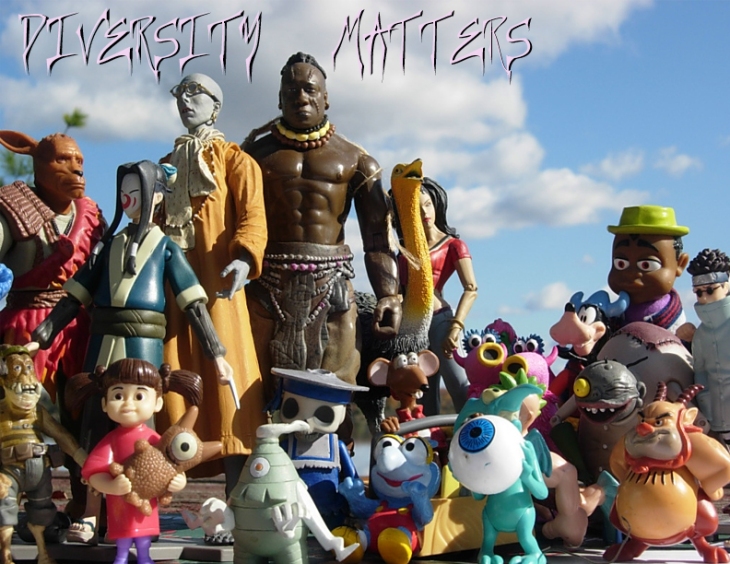Title: The Inclusion Imperative: How Real Inclusion Creates Better Business and Builds Better Societies
Author: Stephen Frost
Source: Netgalley, in exchange for an honest review
Tl;dr: “The Inclusion Imperative is a useful SUCKY guide for professionals wishing to develop a genuinely diverse workforce MISUNDERSTANDING OF KEY CONCEPTS IN GENDER STUDIES and an inclusive workplace, but who are frustrated at the inadequacy of guidance NOT BEING ABLE TO FIND BETTER RESOURCES currently available to them.”
Disclaimer: I did not finish this book, so my review is only based on the first third of the book.
I talk to inanimate objects. The food I’m cooking, the computer I’m working on, that one object on the shelf that keeps sliding onto the floor. I also talk back to the shows I’m watching, and will nod to radio-presenters if they say stuff I agree with (or yell at them, when they are saying nonsensical things). I interact with the world in an active way, you might say.
However, when I start yelling at books and feel like I want to tear the pages out (which, I might add, is especially hard when reading an ebook), and when all the comments I making are IN ALL CAPS and consist of many quotes of things that show a complete misunderstanding of key concepts like privilige and notes like “BULLSHIT”, I might have to tone down my active interactions a bit. So I stopped, after just reading one third of the book.
I am quite disappointed, because the topic, inclusion in the workplace, is very dear to me. I work in IT. Women and PoC are underrepresented in this field. I hoped this book would give me more insight in how this could be changed. Instead it gave me an endless introduction the Olympics (it was the use case, but still it got too much attention), way to much telling me why I should read the book (I’m already reading it! Why spend pages selling it to me?), unclear set-up of the book (I completely lost track of what the author tried to tell me multiple times), and a complete disregard of all the work in inclusion that has been done before (everyone did it WRONG and now the author is RIGHT). Not to mention the aforementioned wrong understanding of male/white privilege (Yes, white/male/straight people can come from disadvantageous backgrounds; however, however, that is not what privilege is about).
So, don’t read this book. And if you do, make sure you get it in print, so you can throw it out of the window or use it as a punching bag.

